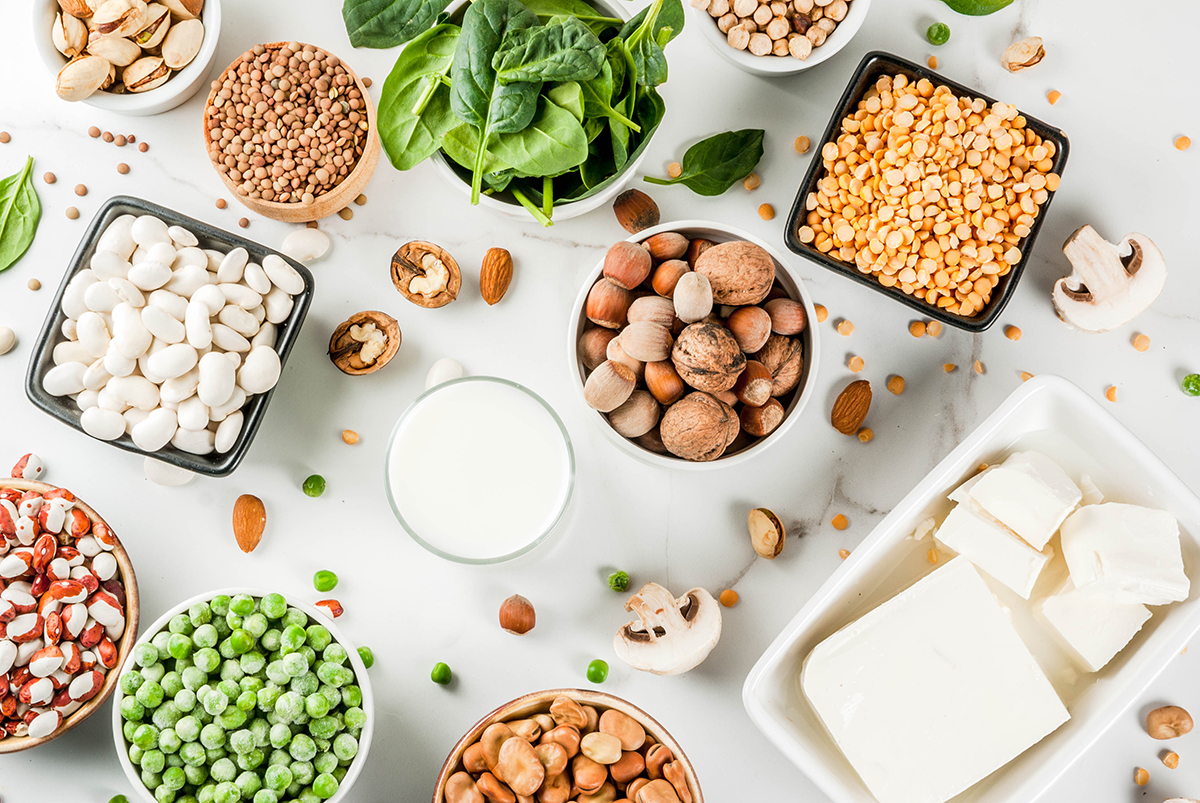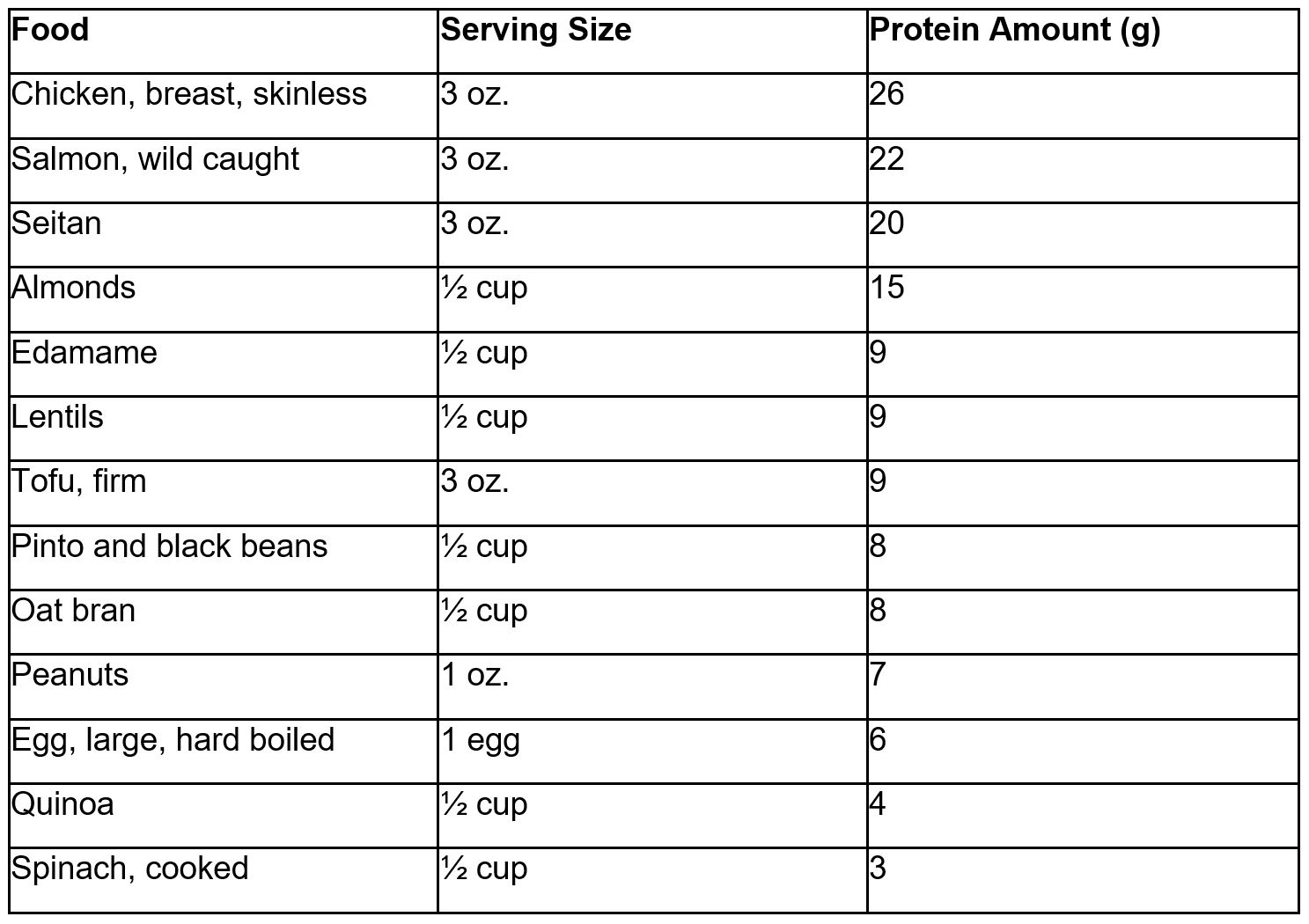Protein Facts vs. Fallacy: Is More Protein Better?
- by bonappetit
 How much protein do I actually need — is more better?
How much protein do I actually need — is more better?
Americans are pro protein. Manufacturers are lining up to meet demand, from snack bars to cereals and even protein water (yes, protein water). But cutting through the noise of protein marketing claims can be confusing and may leave you wondering: how much protein is actually enough, and can you have too much?
Let’s back up. Protein is one of three macronutrients, along with fat and carbohydrates, that provide energy to our bodies and are critical to build and repair cells. Each person’s individual protein needs will vary according to height, weight, activity level, and other factors such as illness, pregnancy, and even age. However, the standard protein recommendation is about 0.36 grams of protein per pound for healthy adults a day (so about 54 grams for a 150-pound adult), but recent studies suggest even moderately active adults may need more.
OK, so what does that look like in terms of your daily diet? Most people think first of animal sources when considering protein, and stop there. But many plant foods are also packed with protein and contribute to your daily protein intake:

All nutrient data obtained from the USDA Food Composition Database
Before you start mentally adding up your intake, rest assured you are probably already getting more than enough protein. Recent research suggests Americans are consuming about 90-100g of protein per day, or almost double the standard protein recommendation. Although diets with higher proportions of protein have been confirmed to promote weight loss (because protein digests relatively slowly, filling you up faster on less food), eating more protein than you need can also lead to weight gain (just like eating more carbs and fat). Consuming excessive amounts may lead to constipation, diarrhea, and dehydration. Too much protein in the diet is either broken down and converted to glucose for energy (instead of carbohydrates) or will be stored as fat. So no matter what the gurus tell you, more protein does not always equal more muscle.
If you’re following a balanced diet with a variety of foods, you are likely getting the protein you need. However, if you think your personal protein needs might be different from the average person or you’re concerned you’re not getting enough, work with your healthcare team including a registered dietitian to come up with a personalized nutrition plan.
At Bon Appétit, we know there’s a lot on your plate that you worry about. That’s why we have a team of registered dietitian nutritionists ready to answer your nutrition questions about which food choices will help you avoid unwanted pounds, work or study (and sleep!) better, and form long-lasting healthy eating habits. Email your questions and feedback to [email protected].